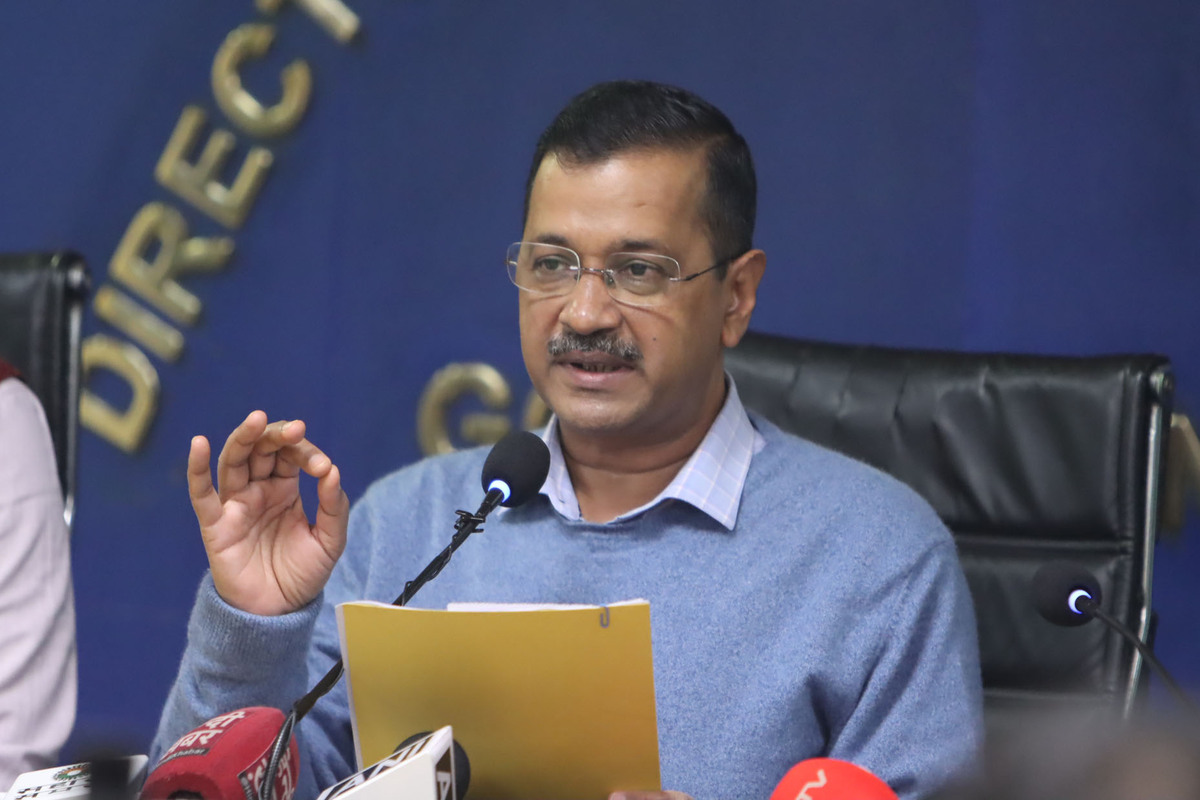India–US Trade Tensions Rise Over Steel and Auto Tariffs NMDC Limited reports a 38% drop in Q4 FY24 consolidated net profit RINL to Raise $23 Million Through Land Sales Amid Crisis

Delhi government has introduced the Delhi Solar Policy 2024 that will not only ensure 'zero' electricity bills but also allow them to earn by installing solar panels on rooftops of their houses.
Making amendments to State Solar Policy 2016 that resulted in 1,500 MW solar power installed capacity in Delhi, Chief Minister Arvind Kejriwal has brought out a more consumer-friendly Solar Policy 2024 that will provide 4,500 megawatts of installed capacity of solar power in Delhi by 2027.
CM Kejriwal said that the Delhi Solar Policy 2016, declared in the first term of the AAP government after coming to power in 2015, laid the foundation for solar adoption in Delhi.
"This was considered to be the most progressive solar policy in the country. Under the policy, the rooftop solar panels installed by the people in Delhi have an installed capacity of 250 MW of electricity. Besides this, various discoms in Delhi purchased 1,250 MW of solar power from outside Delhi. So, in total, 1,500 MW of solar power was made available under the policy. We all know that solar power reduces air pollution," he said.
CM stated the aims of Delhi Solar Policy 2024 are to reduce Delhi's air pollution and help fight inflation by bringing the electricity bills of non-subsidised residential consumers to zero and for commercial/industrial consumers to 50% of their current bill.
The chief minister said as of now, the Delhi government gives 200 units of electricity free (fully subsidised) to residents and gives a subsidy of 50% to those residential consumers who consume 201 units to 400 units a month (partly subsidised) and for those with consumption above 400 units a month, there is no subsidy.
"But electricity bills of all residential consumers who install solar panels on their rooftops by opting for this policy will be zero, no matter how much electricity they consume. That is the most important takeaway of the policy," Kejriwal said.
Also Read : CM Kejriwal grants signing of MoU on first 3 metro corridors under Phase-4 CPCB Cracks Down on Koppal Iron & Steel Plant for Pollution Violations